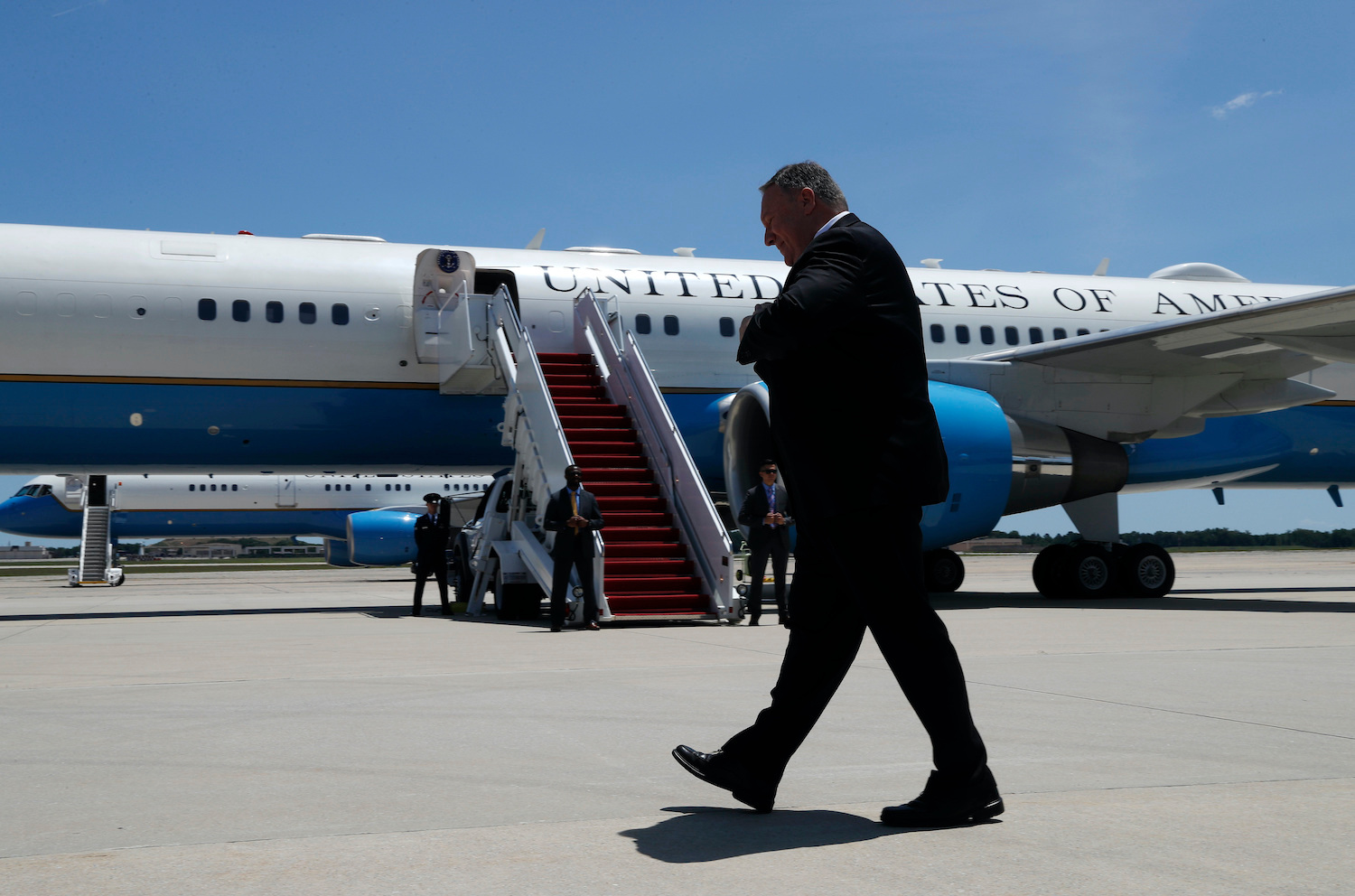The current pandemic may well engender longer lasting and more fundamental social and economic effects, such as risk-aversion and the shift from “mass culture” to that of the “revolt of isolationism”. In the economic sphere one of the implications of the current crisis may be greater investment into “social distancing” undertaken in areas such as transportation, education, retail trade, restaurants and catering, etc. The sudden transformation of demand resulted in the emergence of qualitatively “new demand” that remains largely unsatisfied, along with the disappearance of sizeable tracts of “old consumer demand”.
Continue readingEnvisioning a Brighter Post-Pandemic Global Relations – by H.E. Nadjib Riphat Kesoema
All nations of the world are awaiting the end of the COVID-19 pandemic. Needless to say, it seems that the coronavirus will stay with us for a long time to come. This pandemic has taken more than one million lives and affected more than 40 million individuals. It is an unprecedented period where leaders of the world race to create strategies to protect their nation against further spread of the disease – a time where governments are pushed into crisis management mode, struggling to maintain the delicate balance between saving lives and livelihoods. A period requiring, more than ever before, solid engagement, communication, cooperation and sharing of ideas between nations to prepare for post-pandemic economic and social recovery.
Continue readingASEAN-China Survey 2020 Report
In welcoming the 30th anniversary of the ASEAN-China relations next year, FPCI Research & Analysis department conducted a public survey about the ASEAN-China relationship from June until October 2020. The survey is titled “ASEAN-China Survey 2020: Assessing the Present and Envisioning the Future of ASEAN-China Relations.” The survey involved 1000 respondents from 10 ASEAN Member States and coming from five segments of the general public: government officials, academia, business community, civil society, and students.
Continue readingWhy Trump’s Anti-China Policy Falls on Deaf Ears in Southeast Asia – Opinion by Dr. Dino Patti Djalal
U.S. Secretary of State Mike Pompeo has given a series of speeches attacking China. His speeches present some new themes: they aim specifically at the Chinese Communist Party (CCP), they frame China as an ideological threat (constantly referring to “Communist China,” not just China) and they adopt a blanket (rather than a la carte) attack against China: on the coronavirus, trade, investment, technology, TikTok, the World Health Organization, the South China Sea, Chinese companies and students, democracy, human rights, climate change – the list goes on. It seems that for the Trump administration, it has become a taboo to say anything remotely positive about China. Indeed, as Pompeo stated, “securing our freedom from the CCP is the mission of our time and America is in a perfect position to lead.”
Continue reading


